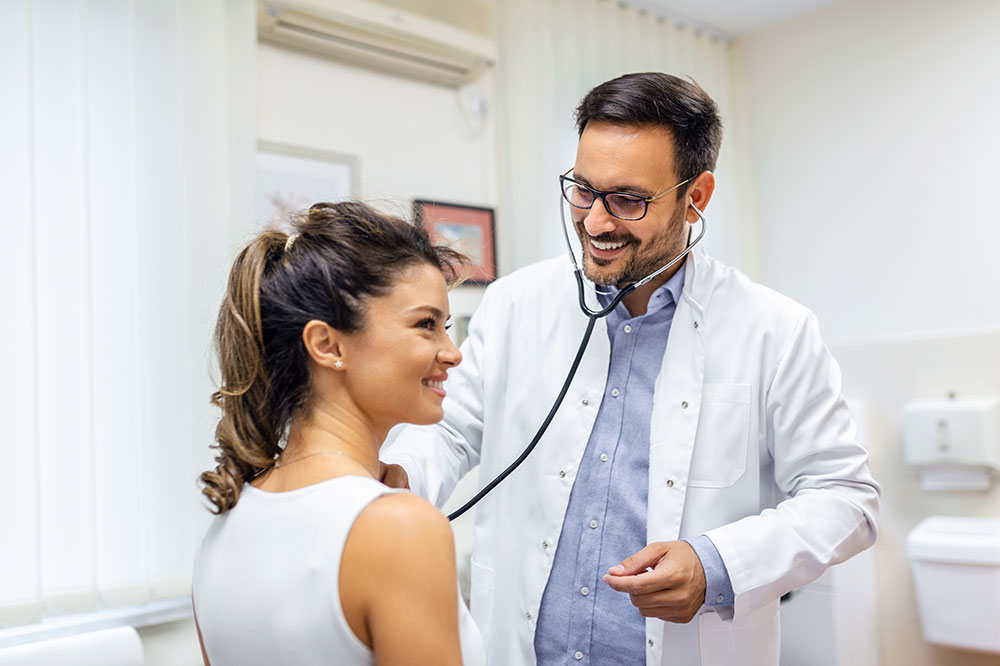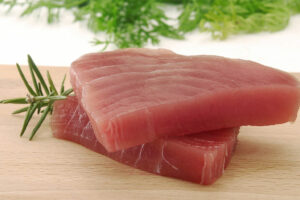7 questions to ask the doctor during a routine checkup

Routine health checkups are important because they give people insight into what’s happening in their bodies. During these visits, one can ask the healthcare professional any health-related questions and resolve their doubts. However, since routine checkups are generally far apart (annual, in most cases), it’s necessary to ask the right questions to make the entire session worthwhile. Here are a few things individuals can ask the expert when undergoing a checkup.
Am I getting enough sleep?
Despite everything that’s said and written about sleep, its importance is still underrated by many across the globe. How much sleep a person requires will vary depending on age, activity level, and overall health. However, most people require six to nine hours of rest every night. Unfortunately, some may be unable to clock in adequate sleep due to work or personal stress. In such instances, it’s perfectly normal for people to ask their doctor if the hours they sleep daily are enough to keep them healthy. The healthcare expert is qualified to give patients details about their sleep patterns and the effects a lack of sleep has on their bodies.
Does my family history put me at risk of any disease?
For routine health checkups, most people prefer family doctors they have visited regularly for many years. Such doctors not only know everything about the current health of each member of the family but also their past health records. So, if the family has a history of, say, diabetes, the doctor is well-placed to tell a specific family member if they would develop the health condition, too. Asking this question is quintessential, especially if severe diseases like cancer run in the family lineage. It helps people understand their health vulnerabilities and take pre-emptive measures to avoid certain health conditions running in their family or, at the very least, slow down their progress.
Do I need to see a specialist?
This is usually a follow-up question. If someone has a high chance of developing certain diseases due to their family history or their own lifestyle habits, they will be curious to know if there’s an expert or specialist who can help them combat the disease in question. Doctors who perform routine checkups know exactly which health professional can help their patients when they come up with this question.
Are my health reports normal?
Health checkup reports are usually highly scientific and technical. They use industry jargon that can be hard to understand if a person doesn’t have a background in healthcare. As a result, people need explanations regarding every statistic and statement mentioned in their reports. For example, if one’s cholesterol levels are showing an X number, they will be curious to know if that’s a good or a bad thing from a long-term health and wellness perspective. The doctor can simplify the checkup results and inform patients about any lifestyle habits or meals they must change before the next session.
Do I need additional screening tests?
If someone’s health checkup reports are alarming, they might need further screenings and tests to delve deeper into their overall health. Such tests will uncover deep-lying health issues that cannot be identified in a regular examination. Depending on the test results, the expert can recommend the best plan of action to get back to good health.
Is my health better, worse, or the same since my last checkup?
This is a quintessential first or last question a patient asks. Doctors can compare a patient’s health checkup results of the past and current session to determine if their health condition has improved or worsened with time. The expert may then recommend a new treatment plan or stick to the same one.
When should the next appointment be held?
Checkups usually end with a talk about when the next session will be held and whether there will be any need for potential emergency meetings in between. In most cases, doctors evaluate multiple factors, such as the results of the checkup, the patient’s general health history, their overall condition, and the treatments required, if any, before scheduling the next appointment. The expert may advise the individual to return after a year or a few months, but sessions will be scheduled earlier if they show unusual health developments.



